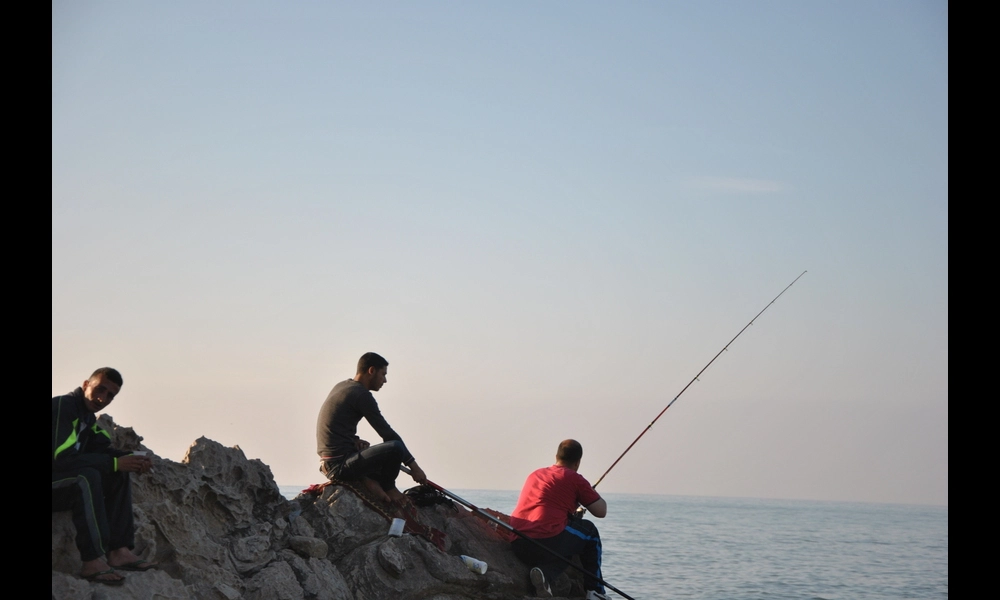How Fishing Could Boost Tourism in Algeria
Published on Wed Sep 13 2023 Peche mer algerie | Maina Marjany on Flickr
Peche mer algerie | Maina Marjany on Flickr
A recent preprint paper titled "The Role of Pescatourism in Enhancing the Competitiveness of the Tourism Sector in the Algerian Coastal Territories: An Analytical Approach" sheds light on the potential of Pescatourism in boosting the tourism sector in Algeria's coastal regions. The study highlights the unique morphological characteristics of these territories, such as the sea, mountains, sand, and living marine resources, which make them ideal for tourism.
Pescatourism, a relatively new concept in sustainable tourism, involves tourists being transported on fishing boats to experience the occupation of artisanal fishermen and discover the marine world. It is different from recreational fishing or fisheries tourism, as it focuses on providing a cultural and educational experience rather than catching fish.
The study suggests that Pescatourism has significant potential in contributing to the competitiveness of Algeria's tourism sector. It can increase the absorptive capacity of coastal territories, both economically and socially, while preserving the cultural heritage of artisanal fishing. By attracting tourists and diversifying tourism resources, Pescatourism can contribute to sustainable local tourism development.
The paper also addresses the concept of competitiveness, defined as the ability to provide efficient and effective products and services compared to competitors. Pescatourism, with its unique offerings and integration of different sectors like fishing, tourism, and the environment, can enhance the competitiveness of coastal territories. It can attract tourists with its authentic experience and contribute to economic growth, job creation, and the preservation of marine ecosystems.
The findings highlight the need for collaboration between different actors, including government authorities, artisanal fishermen, and tourism agencies, to promote and develop Pescatourism in Algeria. The authors recommend learning from global experiences, particularly Italy's success in implementing similar projects. They also emphasize the importance of supporting existing artisanal fishing units, coordinating various sectors, and raising awareness about Pescatourism to ensure its success.
In conclusion, this study underscores the potential benefits of Pescatourism in Algeria's coastal territories. By combining cultural heritage, sustainable tourism development, and the preservation of marine ecosystems, Pescatourism can contribute to the competitiveness of the tourism sector, generate economic growth, and provide unique experiences for tourists. With the right strategies and collaboration, Algeria has the opportunity to harness the power of Pescatourism for the benefit of its coastal regions and the entire country.



